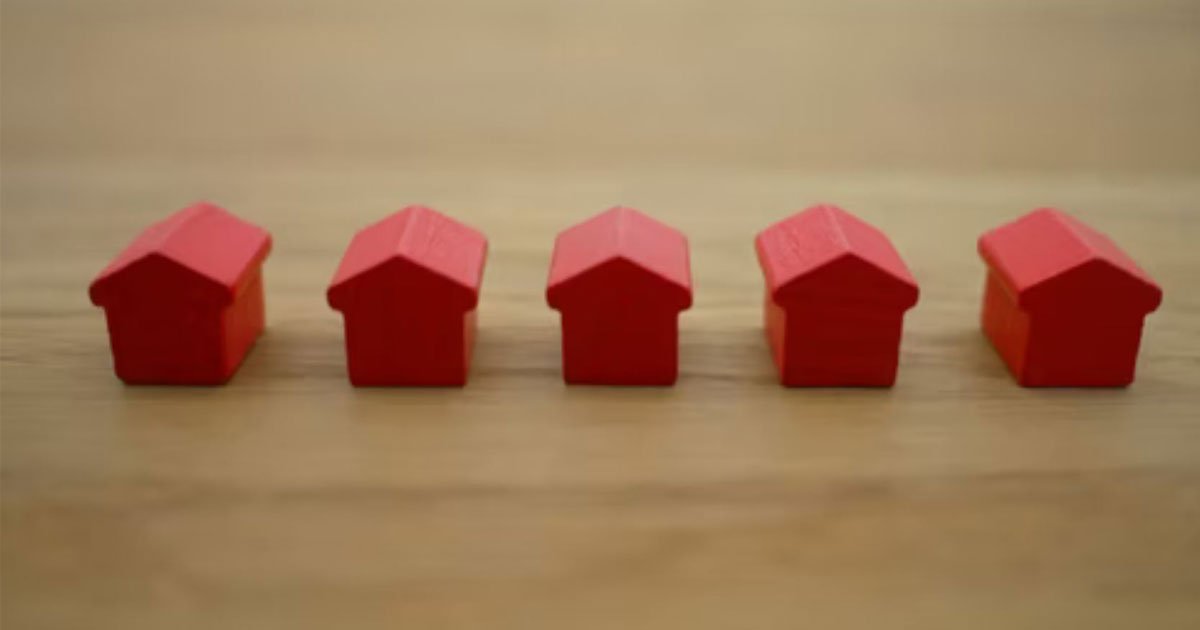Buying Or Renting? What Is A Better Choice In 2021

Renting or buying is a particular debate that, in 2021, became even more complicated. The economic instability caused by the recent pandemic made everyone reconsider every major financial decision they make, and property rental or purchase is definitely the biggest one of them all. While owning a house comes with additional benefits, the current real estate prices can make it hard for this dream to come true. Here is a comprehensive guide on buying and renting that can help you weigh in your options.
The Pros and Cons of Buying
When you own a property, you won’t have to worry about getting asked to vacate it – which is equally important for homes and small businesses. You have control over everything that’s happening inside of it – from the process of decoration to maintenance work. You can even make changes that will increase the price of the property, should you decide to sell it in the future.
However, this liberty comes with a much higher price tag. Deposits for purchasing a home are much higher, not to mention the legal fees that come with the process. While you can find professionals much quicker to do any repair or renovation, it’s you who are footing the bill for them. Due to the current competitive prices on the market, selling a property can take a long period of time – and if you are forced to sell it below the value of your mortgage, you can even end up in negative equity.
The Pros and Cons of Renting
When renting a property, you can stay in one place for as short as six months and move out after that if things don’t work out there. If you are living with a partner in a rented home and the relationship breaks down, one or both of you can move out much easier. You won’t need to worry about selling your house before you move into a different one – you just need to make sure you give proper notice to vacate.
While tenants are not responsible for maintenance costs, they aren’t in charge of them either. Landlords have the right to increase the rent when renewing your lease, and if they decide to sell the property, you will have to vacate it within the time appointed by the law. If you made any changes or caused damage to the property, you probably won’t get your deposit back.
Financial Implications of Buying
The larger your deposit is, the more likely you will be able to ensure lower interest rates for financing the rest of the purchase price. However, saving up a deposit to buy a property can take up to 10 years, and the stagnation of wages makes this even more difficult. For this reason, it’s a good idea to compare several mortgage and remortgage options before you go hunting for the ideal property. Make sure you consider your own financial situation and possible government programs for financing as well. Having done that, you can go now and contemplate what is available within your financial means. Whether you are looking for an apartment or space for your business, you should opt for the alternative that fits all your requirements. The flexibility of your lifestyle, security, increasing real estate prices, and future maintenance costs can all affect your final decision.
The Costs of Renting
Rent payments provide you with a right to use a property without the bills for repairs and maintenance. To find the best rental prospects possible, it’s a good idea to check the rates for other possibilities in the area you are considering. While you don’t have to worry about high deposits, mortgage fees, and similar expenses, you may encounter minor legal costs. These will be necessary to ensure the legality of your contract with your landlord and avoid possible issues in the future. After this, you will only have to worry about putting down a deposit, first (and, in some cases last) month’s rent, transportation costs for your belongings. If the space is not furnished, you will have to buy some new furniture as well.

If you are interested in owning a property, you must take sufficient time and effort to research financing options. You will need to weigh in whether you will be able to keep up with your monthly obligation after buying the property. On the other hand, if you opt for renting instead, you may be subjected to the rules and regulations established by your landlord and the relevant authorities. Your rent can increase significantly and unexpectedly, and you won’t be able to personalize the space to your liking – at least not without prior approval from the landlord.